
Gathered under the spreading baobab tree in Danoa town square, farmers and herders in a remote corner of Ivory Coast are finally talking about a dispute that has poisoned relations and destroyed lives.
Nearly three years ago, the northeast region of Bouna plunged into violence between crop growers and nomadic cattle raisers from the Fulani community, leaving 33 people dead and prompting 2,500 to flee their homes.
The scenario is tragically familiar in many parts of Africa, where sedentary farmers and herders share water and land -- and tensions at times of stress may swiftly spiral into ethnic violence.
Thousands have died in clashes in Chad, the Central African Republic, Mali and Nigeria in recent years.
But in Bouna, a pilot project -- part of a scheme to protect the coveted Comoe National Park -- has nurtured hopes of a dialogue that will head off future bloodshed.
"After what happened, I was frightened. Everyone was frightened," said Awa Ouattara, who heads a women's group of smallholders.
"I hope the plan will work. When everyone is in agreement, it's better for all of us."
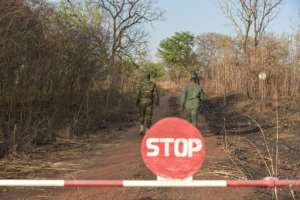 Cooperation and agreed rules are to put a stop to a rerun of past violence. By Sia KAMBOU (AFP)
Cooperation and agreed rules are to put a stop to a rerun of past violence. By Sia KAMBOU (AFP) Supported by German sustainable development agency GIZ, village chiefs, farmers and cattle breeders are creating designated cattle routes to prevent herds from grazing in the park and on to farming land.
GIZ is investing 1.2 million euros ($1.4 million) over four years to support communities around the park.
The forum in Danoa brought together Koulango, mostly landowners, and the Lobi, mostly tenants, as well as Fulani.
"Just getting people around a table and having a discussion is already an achievement," said Sanogo Issoufou from GIZ.
"Everyone will benefit economically from sharing management of resources between community members. We hope to create a virtuous circle."
Wildlife haven
Comoe national park is a world heritage site and one of West Africa's largest protected areas, known for its plant and animal diversity.
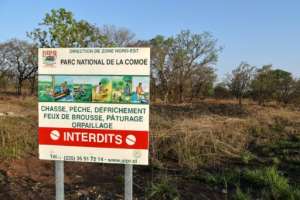 A sign warns it is forbidden to hunt, fish, clear land or graze livestock in the Comoe National Park, a world heritage site. By Sia KAMBOU (AFP)
A sign warns it is forbidden to hunt, fish, clear land or graze livestock in the Comoe National Park, a world heritage site. By Sia KAMBOU (AFP) Fed by the Comoe river, it is home to shrub savannas and thick rainforest usually found much farther south.
"Our mission is to protect the park," said D'Angouss Kissi from the Ivorian Parks and Reserves Authority.
"We realised that surveillance alone wasn't enough to stop cattle entering it illegally. We needed to find grazing land and water outside the park, whilst also easing tensions and avoiding new conflict."
The project also aims to share management of water points between local committees including herders, landowners, renting crop farmers and local businesses or teachers.
Travelling herders pay a higher rate for water access -- 15,000 CFA (23 euros) per month per herd, compared to locals, who are charged 2,000 CFA francs (three euros).
Cooperation
Landowners say they are happy to provide land for crossing routes.
"We explained to the community that it was for the common good," said chief landowner Amadou Ouattara.
"It's better for everyone if we avoid conflict."
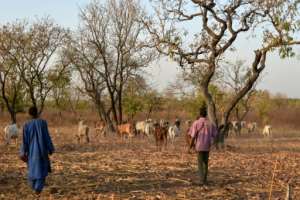 Landowners and herders say the project has helped to avoid conflict between the communities. By Sia KAMBOU (AFP)
Landowners and herders say the project has helped to avoid conflict between the communities. By Sia KAMBOU (AFP) Herder Barry Bounangui agrees. "Before, there were arguments every day about water, grass or routes for the animals, so to avoid any conflict, we went to the park," he said.
"Now, farmers and herders are talking. It's a good thing. The crossing routes help us a lot, but we need the (leaking) dam to be repaired too."
Crop farmers are happier too. "There's less damage now," said Kambou Tchourite.
Problems are being aired but anger remains and the pathway to enduring peace may be long.
"The cows come on to our fields and destroy everything," a farmer said at the Danoa meeting.
"I told the herder to stop but he just keeps coming back again and again. We can't go on like this!"
Separately, a herder told AFP: "The crop farmers want everything. They set fire to the fields so that not even a blade of grass is left."
Read Full Story
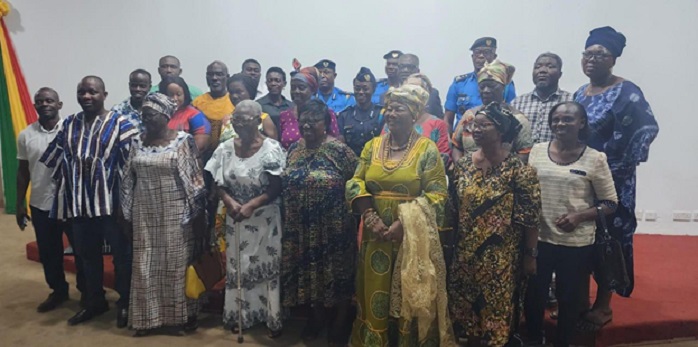
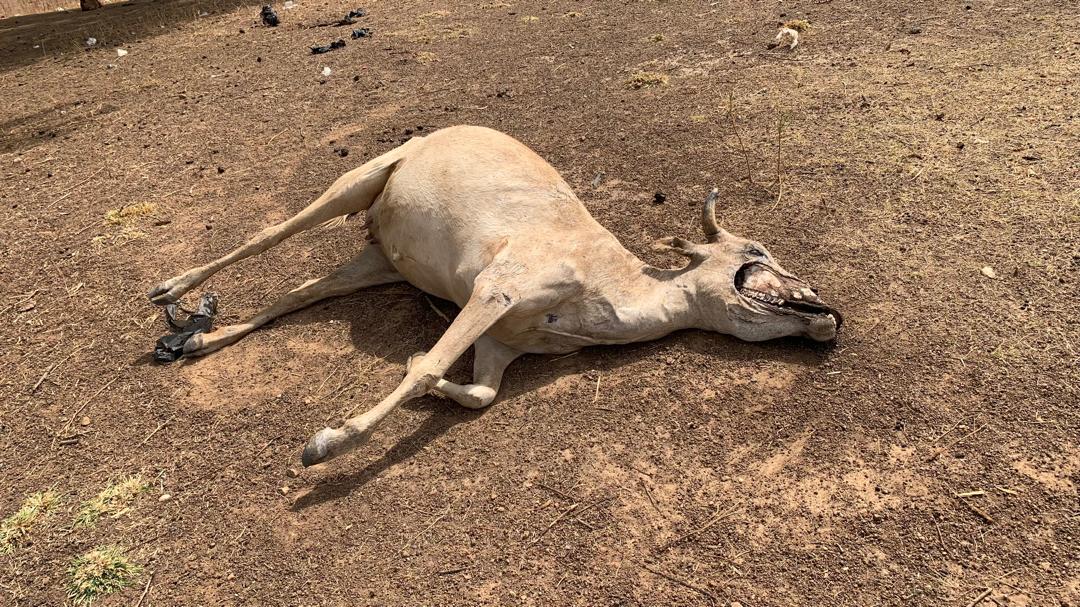
















Facebook
Twitter
Pinterest
Instagram
Google+
YouTube
LinkedIn
RSS